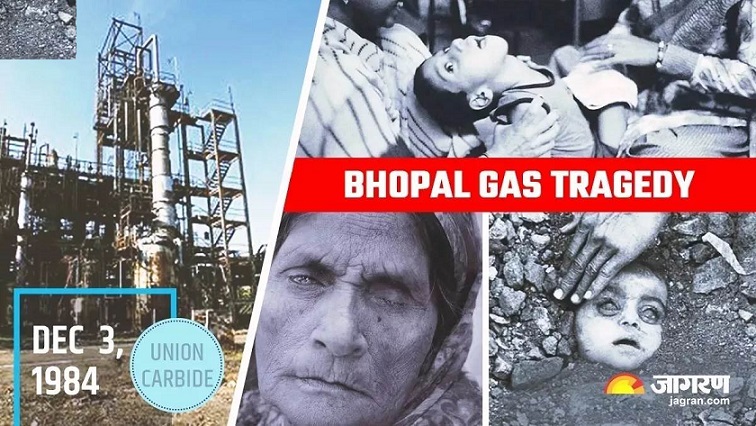Last Updated on November 2, 2024 1:21 am by INDIAN AWAAZ
The Bhopal gas tragedy, also known as the Bhopal disaster, was a chemical leak that occurred on December 2–3, 1984 in Bhopal,

Syed Ali Mujtaba
The survivors of the 1984 Bhopal gas tragedy are commemorating the 40th anniversary of the worst industrial disaster in the world. They have planned a schedule of events in Bhopal from November 21 to December 4, 2024.
During the 14-day event, the survivors of the gas tragedy plan to hold a poster exhibition of the tragedy, a ‘mashal’ rally in protest, a burning of an effigy, a public meeting, a panel discussion, and more.
The gas disaster took place in the densely located old city of Bhopal, where 27 tons of Methyl Isocyanate leaked from a pesticide plant owned by Union Carbide Corporation, USA.
The Indian government says some 3,500 people died within days of the gas leak and more than 15,000 in the years since. Campaigners put the death toll as high as 25,000 and say the effects of the gas continue to this day.
Now an estimated 150,000 people, mostly residing in the vicinity of the abandoned factory, continue to battle chronic illnesses, with an alarming rise in cases of cancers and fatal kidney diseases among the survivors.
The generation born to survivors of the disaster is also marked by many ailments, such as birth defects that impeded physical growth and mental development, and a range of allergies are several times more prevalent among the children of the survivors than other residents of Bhopal city.
Since the factory’s inception in 1969, toxic chemicals have been leeching into the groundwater at an alarming rate. Based on a 2018 study by the Indian Institute of Toxicology Research, Lucknow, and studies by fifteen other official and independent agencies that preceded it, an area of about 40 square kilometers has been contaminated with highly hazardous chemicals, including nine “forever chemicals”.
In the last four decades, many changing factors about the Bhopal disaster have complicated the issue of restitution and justice. Unknown to the outside world, the environmental damage of the gas disaster is fast overtaking it in the cost of its restitution. The area contaminated so far houses over 200,000 people, an overwhelming of them are among the poorest in the city. It is linked to untimely deaths of over 25,000 people and still counting.
The Madhya Pradesh government’s plans for building a memorial to the disaster include pouring concrete over the hazardously contaminated factory premises to make it difficult, if not impossible, to monitor the nature and extent of groundwater contamination.
Union Carbide, which absconded from justice after the disaster, is now owned by The Dow Chemical Company, USA, a corporate house known to be close to the present political regime in India.
It is alleged that Dow Chemical has greatly benefitted from the BJP ruling Madhya Pradesh for two decades. Dow Chemical has expanded its market in the country. It refuses to submit to the jurisdiction of Indian courts in the criminal case of the disaster.
All this is because of the eagerness of Central and State governments to help Dow Chemical escape liability in the Bhopal Gas tragedy case. This has to be seen alongside official indifference towards the plight of the Bhopal gas tragedy survivors
The survivors have had to deal with official apathy ever since the disaster, but with half the survivors being Muslim and 80% of the Hindu survivors belonging to the lower castes, they are seen as much more expendable by the current BJP power apparatus in the State and at the Centre.
Members of five Bhopal-based organizations that are confronting the corporate crimes of the Union Carbide and Dow Chemical and official apathy for the last 20 years are organizing on the 40th Anniversary of the Bhopal gas disaster. The fight for justice in Bhopal is part of their common fight for the catastrophes that are consequences of corporate crimes.
The above press release is signed by Rashida Bi, Bhopal Gas Peedit Mahila Stationery Karmchari Sangh, Balkrishna Namdev, Bhopal Gas Peedit Nirashrit Pensionbhogi Sangharsh Morcha, Nawab Khan, Nasreen Khan, Bhopal Gas Peedit Mahila Purush Sangharsh Morcha, Nousheen Khan Children against Dow Carbide and Rachna Dhingra, Bhopal Group for Information and Action.
